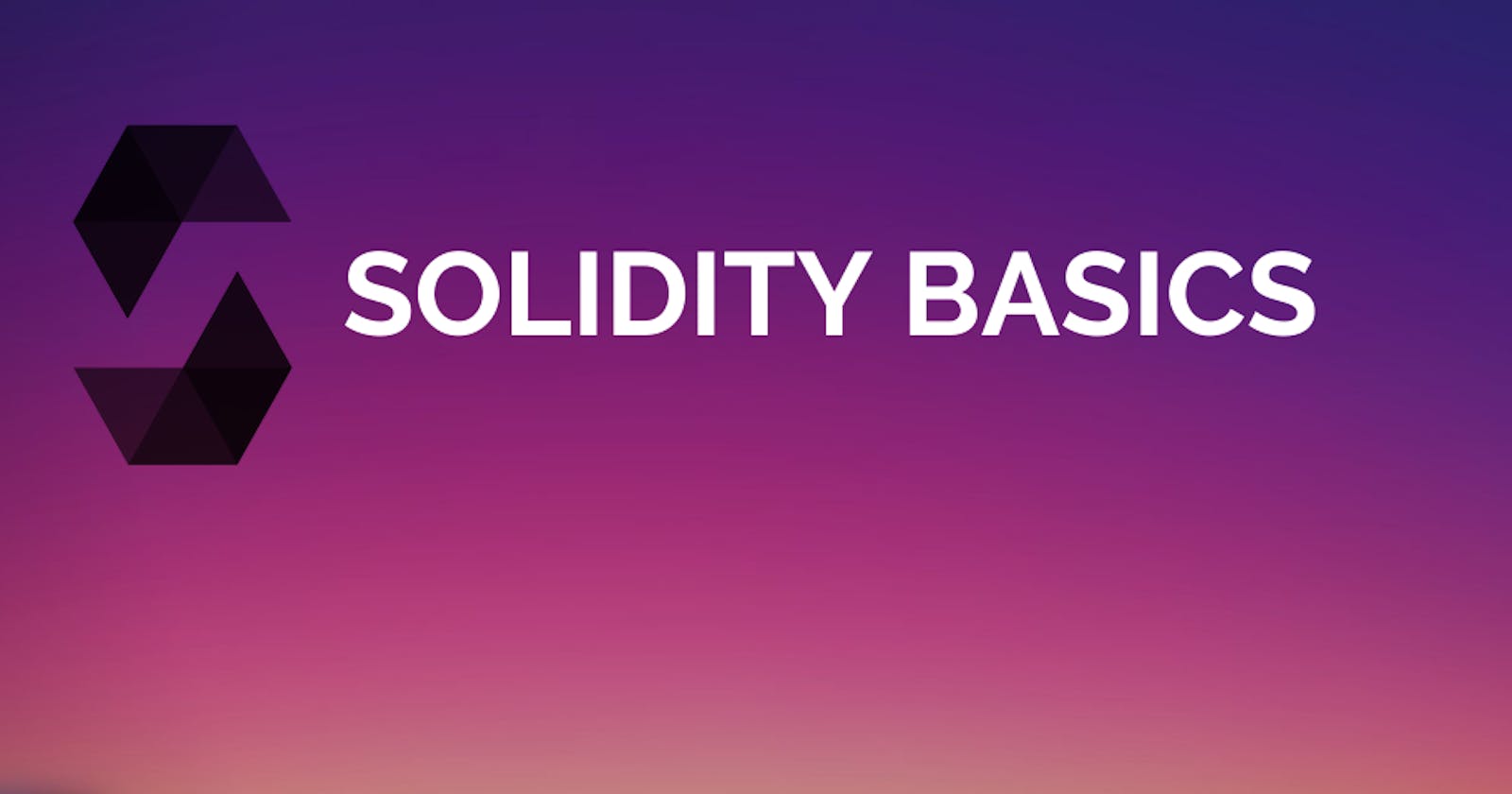What is Solidity?
Solidity is an object-oriented, high-level language for implementing smart contracts. Smart contracts are programs that govern the behavior of accounts within the Ethereum state.
Solidity is a "statically typed" language. Statically typed is a programming language characteristic in which variable types are explicitly declared and thus are determined at compile time.
Solidity language supports the following general value types :
- Boolean: It returns a true or false value.
- Integers: The int/unit for both unsigned and signed integers are supported by Solidity.
- Address: An address can carry up to a 20-byte value.
- String Literals: String literals are depicted using either double or single quotes. They imply trailing value zeroes.
- Modifier: Modifiers ensure the fulfillment of the predefined conditions before code execution.
- Mappings: Mappings return values related to a given storage site.
With Solidity, you can create contracts for uses such as voting, crowdfunding, blind auctions, multi-signature wallets, and the popular kid on the block(NFTs).
I will be deep-diving into Solidity in upcoming articles. I hope you enjoyed this short introduction to Solidity. Stay Safe and Happy coding! :)

